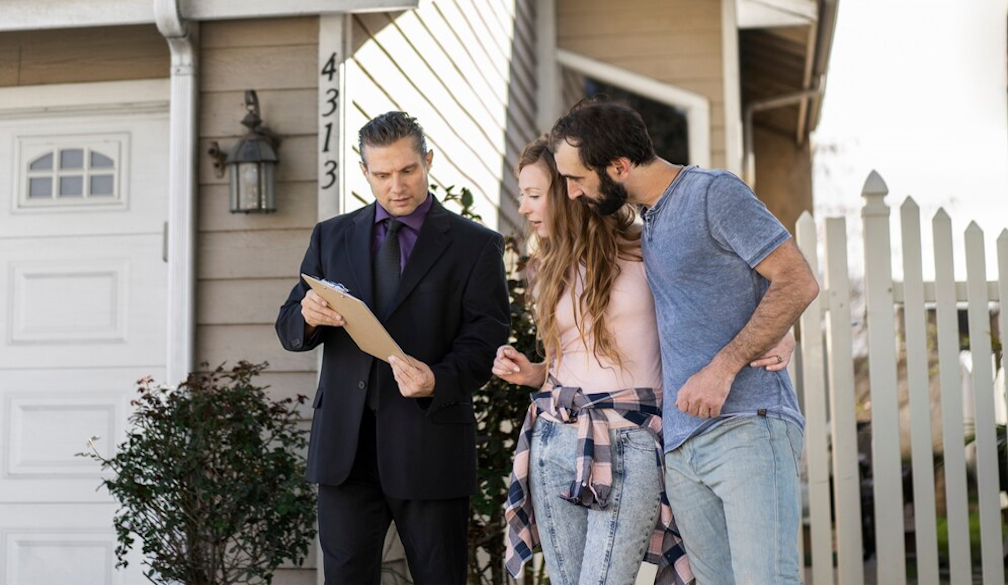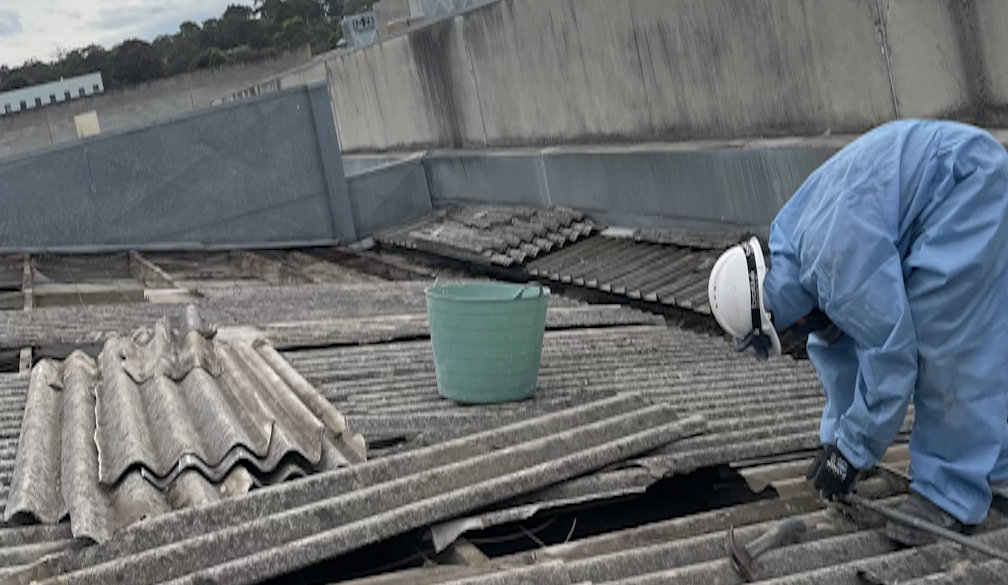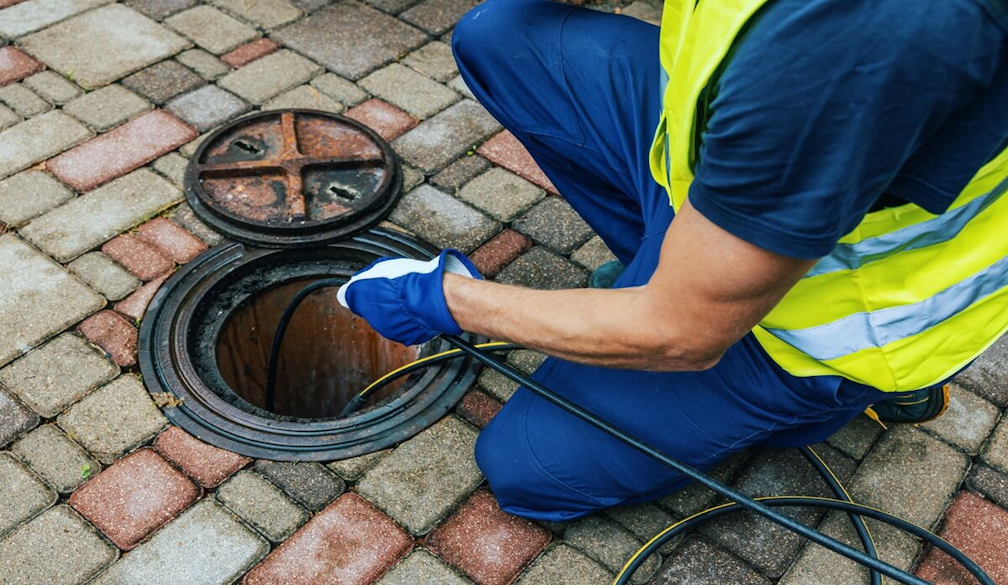What First Home Buyers Need to Know About Conveyancing

Navigating the journey to homeownership can be both thrilling and overwhelming, especially if you're a first-time buyer. One aspect of the process that often leaves many scratching their heads is conveyancing. Conveyancing refers to the legal process of transferring ownership of a property from one party to another. While this might sound straightforward, there are many complexities and nuances involved. To make matters easier, here’s a closer look at what first home buyers need to know about conveyancing.
What is Conveyancing?
Conveyancing is the legal administrative work that ensures the transfer of property is legal and binding. It's a critical part of the property transaction, covering everything from legal documentation to ensuring that the buyer gets full and undisputed ownership. Essentially, the process protects both the buyer and seller, preventing any potential disputes that could arise down the line.
The process typically begins once the buyer and seller agree on the sale price. From there, a professional conveyancer or solicitor steps in to handle contracts, make necessary searches and ensure everything is in order before the ownership is transferred. Importantly, the conveyancer works to ensure that you're buying exactly what you think you are, minimising risks like undisclosed encumbrances, unpaid taxes and zoning issues.
Why First Home Buyers Need Professional Help
For first home buyers, the conveyancing process can feel overwhelming without professional assistance. This is where a conveyancer comes in, guiding you through each critical step and explaining any unfamiliar legal jargon. Whether you're buying a home in Melbourne or anywhere else in Australia, having a professional who understands local real estate laws is vital.
First-time buyers often underestimate the paperwork and legal intricacies involved in property transfer. If not handled correctly, missing or incomplete documentation can lead to costly legal disputes, additional fees or even the collapse of the entire transaction. Working with a reliable conveyancer can save you from unnecessary stress, helping you achieve a smooth, stress-free transition into your new home.
Stages of the Conveyancing Process
The conveyancing process can be broken down into several key stages:
Pre-Contract Preparation
Once you've set your sights on a property, your conveyancer will conduct a series of due diligence tasks. This includes obtaining the property title, checking for restrictions, reviewing zoning and looking for any potential legal or financial issues that could affect the sale's validity.
Contract Exchange
After ensuring that the property is free of major concerns, the contract of sale is drafted and reviewed by your conveyancer. If you’re satisfied, you’ll sign and exchange contracts between the buyer and seller. At this point, a deposit is usually paid to secure the property.
Conveyancer Searches & Enquiries
At this stage, your conveyancer performs the necessary searches, including building and pest inspections, and ensures there are no encumbrances or potential roadblocks that could hinder the transfer of ownership.
Settlement
On settlement day, the ownership officially passes to you! Your conveyancer will coordinate with the seller, facilitating final payments and transferring legal documents, after which you'll officially receive the keys to your new home.
The Costs Involved in Conveyancing
Conveyancing costs can vary based on the property's value, complexity and location. Typically, fees can include conveyancer’s charges, search fees and disbursements (payments made on your behalf, like stamp duty). First home buyers in Victoria should also be aware of whether they qualify for any concessions that may affect total costs. Discussing these fees upfront with your conveyancer can give you a clear idea of what to budget for.
Conveyancing Tips for First Home Buyers
For first home buyers, there are a few tips that can help simplify your conveyancing journey:
- Don’t Skimp on Due Diligence – It may be tempting to fast-track your home-buying process, but thorough legal searches and inspections can save you from headaches later.
- Understand Legal Timeframes – Depending on the location and the property type, the conveyancing process can take several weeks. Give yourself plenty of time to navigate the legal steps without rushing.
- Ask Questions – Don't hesitate to ask your conveyancer for clarification on any legal clauses you don't understand. It's essential to know what you’re signing off on.
Conclusion
Conveyancing is an essential step in any property transaction. For first home buyers, partnering with a professional conveyancer is invaluable, ensuring that the title passes correctly and without any hidden legal problems. By better understanding the conveyancing process and engaging a licensed conveyancer, you can confidently move closer to turning your dream of home ownership into a reality.



